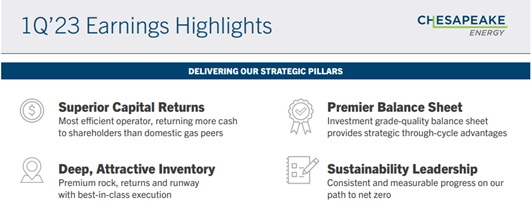Congress made rapid federal approval of the long-stalled Mountain Valley Pipeline a condition of raising the US federal debt limit. That will mean a lot for pipeline owners, the wider industry, and a promising natural gas company, Chesapeake Energy (CHK), writes Elliott Gue, editor of Energy and Income Advisor.
The outcome was a monument of the West Virginia congressional delegation, especially Senator Joe Manchin (D-WVA). After years of being blocked in the courts at enormous additional cost, the Mountain Valley Pipeline appears to be nearing the finish line, with a potential startup date later this year.
It’s still possible the legion of well-funded opponents will find a way to continue challenging MVP. But they won’t have any help from either the Biden Administration or Congress, where the Democratic-led Senate turned back an effort to strip the pipeline provision from the debt limit bill by a 69 to 30 vote.
Barring something completely unexpected, the now $6.6 billion, 303-mile project should be able to go ahead with the 6 percent of the work left to be done. And lead developer Equitrans Midstream (ETRN) anticipates opening MVP for business “by year-end 2023.”

Meanwhile, in a recent issue, we highlighted natural gas producers outperforming oil-focused companies as a key theme for the rest of the year. We cited three reasons for favoring them in the intermediate term:
- Sentiment is more bearish, valuations are depressed, and the bad news is already priced in many of our favorites, leaving less downside risk.
- Natural gas prices aren’t as weak as the headlines in the mainstream financial media would suggest due to the strength of the curve.
- Our favorite natural gas producers can still generate free cash flow in the current market environment thanks to low production costs and savvy hedging programs. All three reasons are just as powerful a month later.
That’s bullish for CHK, as is the opening of MVP. More than half of the company’s natural gas output is from the Marcellus Shale in Appalachia, where its all-in capital costs are just 79 cents per thousand cubic feet of output.
The company also just earned an upgrade in its credit rating to Ba1 from Moody’s with a stable outlook. The rater cited greatly reduced debt balances for the boost, as Chesapeake has concentrated its portfolio on key regions with asset sales.
Recommended Action: Buy CHK










